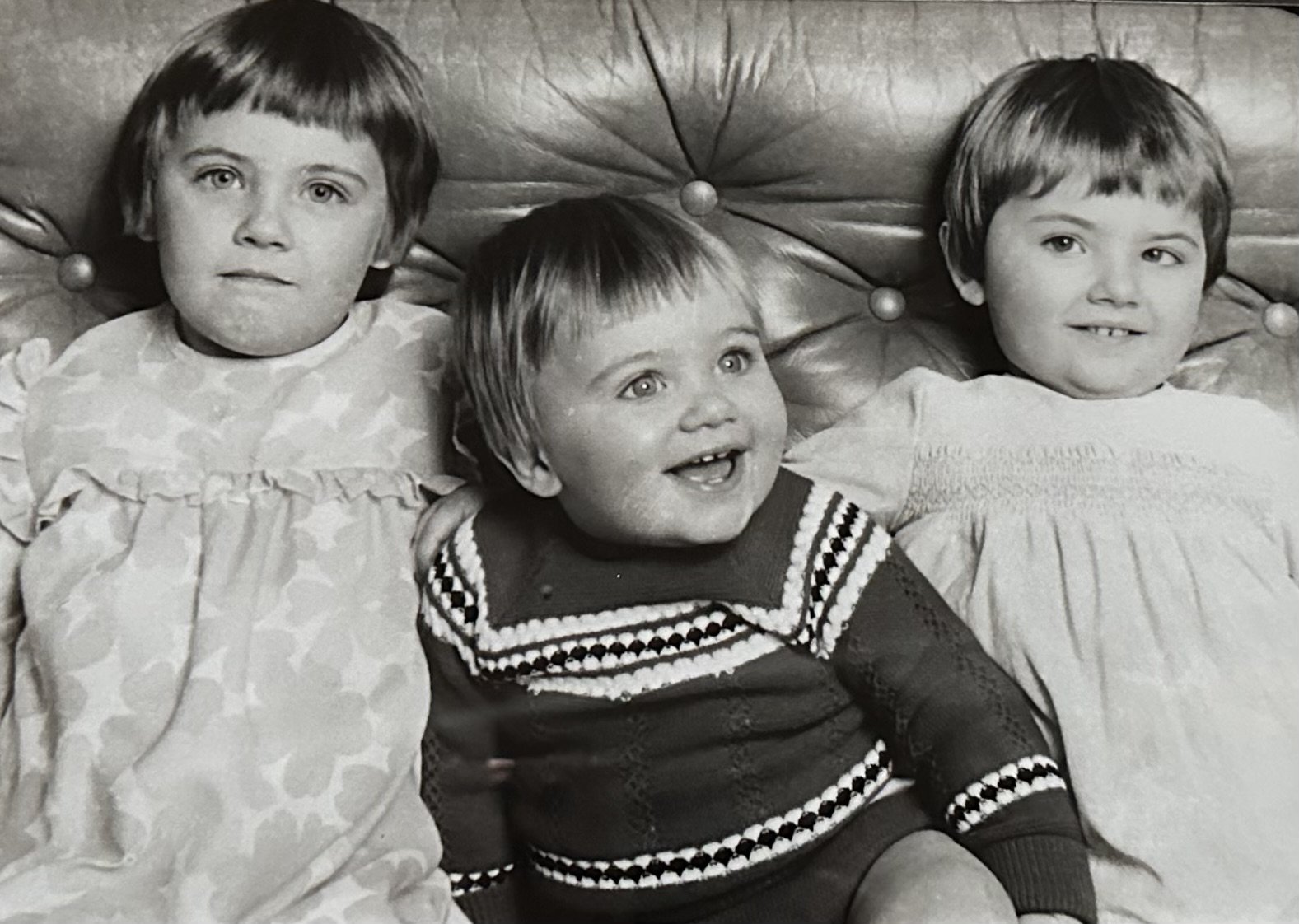Callum’s story
Callum and Liam
Callum Fairhurst was 12 when his brother, Liam, died from cancer. Here he tells us how he has learned to deal with his grief and founded Sibling Support to help others.
In 2005, just a week before it was announced London was hosting the Olympics, me and my older brother, Liam, had been doing our own mini olympics in our neighbour's garden. As we bounced on the trampoline, Liam fell off, really hurting himself.
Dad took him to the doctors as a precaution. The doctor found something unusual in his leg, and sent him to the hospital. A week later, as many waited for the olympic news, we were sitting down watching the simpsons on TV.
The phone rang. The muffled sounds of my parents chatting in the kitchen with the doctor who was on the other line ended.
They came in, and told us Liam had cancer. He’d be missing school the next day as he needed to go into hospital.
“ That’s the day his, and rather selfishly my, childhood ended. My brother, two years older, found out he had cancer in his leg.”
Understandably, suddenly attention wasn’t shared equally. One of us cried at a nettle sting, the other was having intense chemotherapy and not crying one bit. While some parts of life were normalised by my fantastic parents, evenings would still be spent in Addenbrooke’s hospital. Weekends much the same.
A year or two later, Liam’s cancer spread to his lungs. Our family was told it was terminal.
I didn’t know what that meant. It was probably explained to me, but I don’t think I wanted to know what that meant.
A 12 year old boy, my brother, my best friend, being told he’d die.
Liam would never make it to watch those olympic games. He died years before they arrived in London.
The 30th June, 2009. He was 14. I was 12.
Every moment, still so vivid in my mind.
All these years on, even as an adult I’ll never escape it. But maybe now I don’t mind that. For years the memories formed the basis of my nightmares. Now, I’m more at ease with them. My last memory of my brilliant brother.
“ When Liam died I didn’t speak about it much. I found it difficult. Occasionally, usually around a milestone Liam didn’t get to that I got to, for example leaving secondary school, I would seek more formal help. Frequently this help arrived too late.”
I relied on friends and family for their support. I was fortunate that it worked for me.
It was after sixth form, during my gap year and upon starting university, that I started really grieving. It took me seven years to start grieving in ‘typical’ ways that many people express, which is when I sought ‘formal’ support in the form of a counsellor.
It really helped to talk things through and not be rushed into it. I had two or three sessions of just chatting and trying to find some logical way of processing the feelings I was having.
An age old cliche is time heals. While different for everyone, I do find time has helped, rather than healed.
But noticing your sibling not being there doesn’t just magically stop when you reach adulthood.
For me, my move into adulthood changed the way I grieved. My ability for introspection. Also me seeing things I'm missing out on as an adult without my brother.
My friend is getting excited for their sister’s wedding. I won’t ever have that with Liam.
My parents visiting their siblings, I won’t ever have that with Liam.
And then there’s the other issues. Worrying about your own death is my big one. The wondering “where would he be now?”. Getting asked how many siblings you have and navigating the awkward responses you get when you tell the truth. The feeling that others are wondering “why haven’t you got over this?”
BUT, in the same breath - and something that feels almost wrong to say - Liam’s death made me who I am today. I’ve only realised this since becoming an adult.
Liam’s death is my superpower.
It makes me stronger and more resilient.
It makes me embrace everything in life.
It makes me grateful. More compassionate. More forgiving.
“ It is absolutely OK to recognise that grief can also have its positives. Sometimes you don’t feel them or recognise them. But over time, I’ve been able to see that Liam, albeit not in a physical form, still lives with me. He inspires me to be the person I want to be.”
But the story I’m telling you now, isn’t just my story. Of course.
It’s the story of dozens of children in this country every single month. Thousands around the world. Even more adults. Possibly you reading this right now.
The longest relationship most of us will have is with a sibling. Many people spend most of their lives with their brother or sister around. They’re our rocks. They’re sometimes the people we love, or even hate, the most. They’re the ones who understand us.
Siblings form a child's first peer group, often we learn social skills with them, for many they’re an important source of love and companionship. Their influence extends beyond childhood, shaping our identity, attitudes, and can provide us with a sense of belonging throughout our lives.
Every family with more than one child will at some point experience a sibling bereavement, yet there was (and still is) a lack for sibling specific bereavement support.
Sibling Support was founded to try and change that. I hope it’s helped others, but it has also helped me. Channelling your own grief and feelings into a project, while still having a good support network, can be beneficial sometimes. I see it as part of me honouring Liam’s life.
Grief is hard. It feels awful. But it hasn’t stopped me, and shouldn’t stop you, from living your life.






